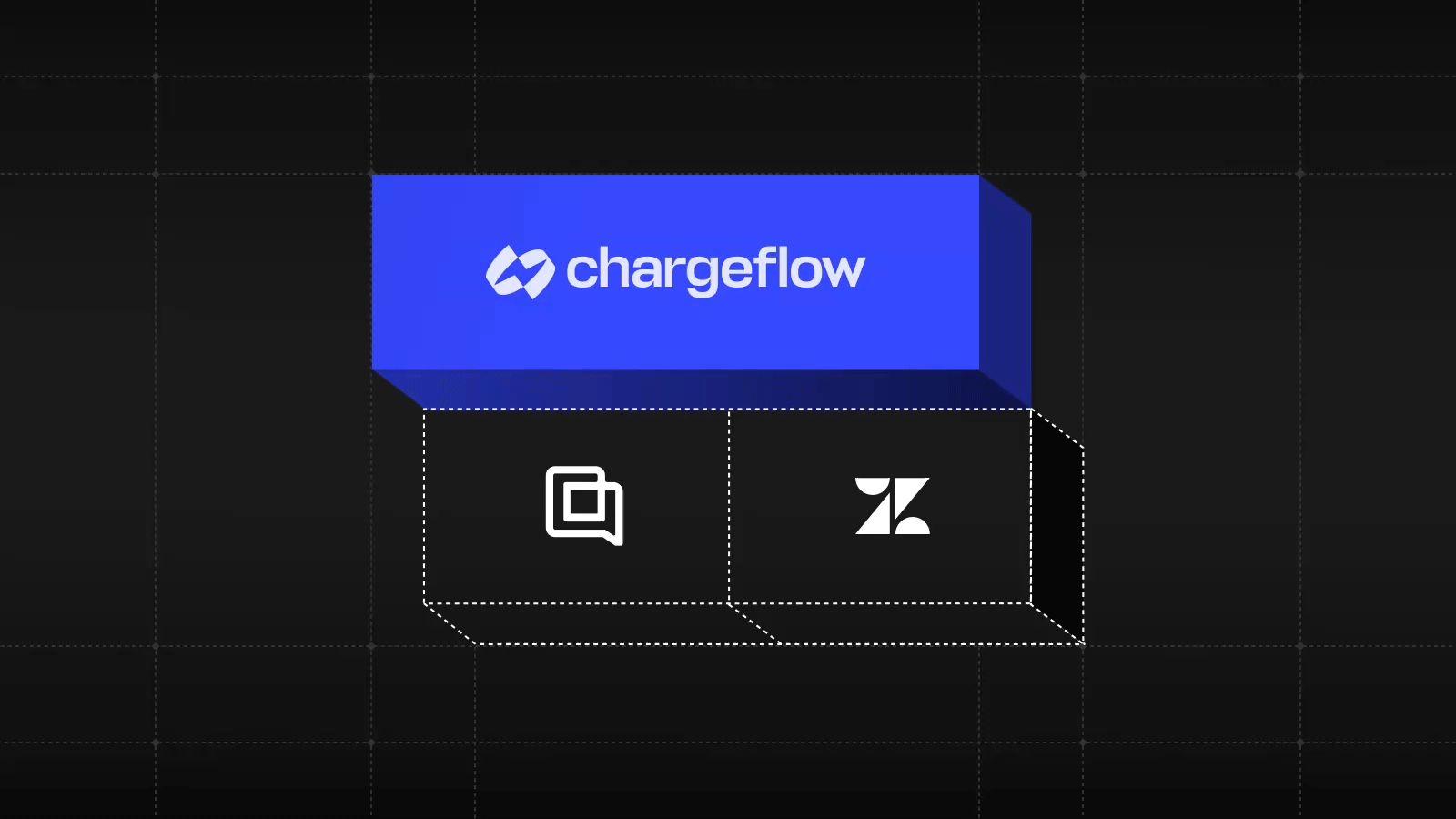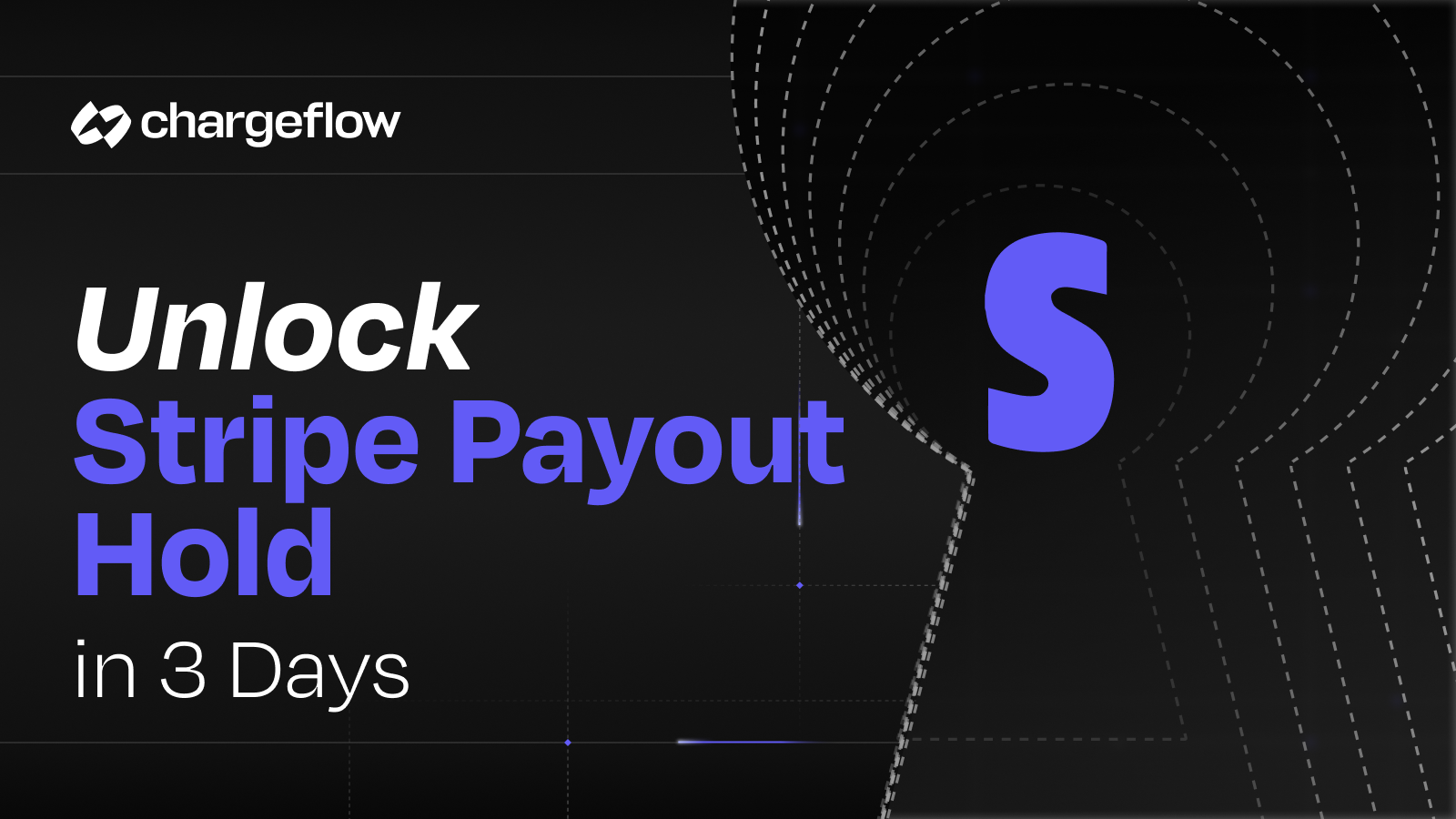What Happens When You Lose a Chargeback? Understanding the Consequences

Chargebacks?
No longer your problem.
Recover 4x more chargebacks and prevent up to 90% of incoming ones, powered by AI and a global network of 15,000 merchants.
Discover the aftermath of losing a chargeback and how it can impact your business. Learn about the potential financial and reputational consequences.
As a store owner or merchant, chargebacks are an unfortunate reality. When customers dispute their payments, it can mean costly fees and lost revenue for your business. But what happens when you lose a chargeback?
It goes beyond these financial losses - understanding the various risks and consequences is key to avoiding them in the first place. In this blog post, we'll dive into the ins and outs of chargebacks and explain all of the potential pitfalls that come with losing one. Armed with this knowledge, you'll be better prepared to minimize future risks from problem purchases or disputes!
Consequences of Losing a Chargeback
It's a reality that most store owner believes that chargebacks are the cost of doing business. It's a myth! Not you are losing the hard-earned money but also welcoming far-reaching implications on your store and business reputations. Here, we are discussing the implication of chargebacks on your business:
1. Financial Impact on the Business
When a business loses a chargeback and the funds have already been deducted from its account, there are significant financial impacts. Firstly, not only is the business immediately losing out on the disputed sale’s revenue but can be faced with additional fees and fines. These charges can range significantly depending on the reasons for the dispute and in extreme cases could mean huge penalties for businesses that have failed to comply with regulations.
Secondly, it's important to remember that these lost sales often involve products or services that have already been purchased or paid for; meaning the cost of goods and services sold has already been used up yet the retailers will still face a financial loss. Chargebacks are costly to manage but with an effective strategy in place, they needn't put your business at an unfair disadvantage.
2. Repercussions on Merchant Reputation
Customers who perceive that the chargeback was not handled correctly are likely to assume the merchant is untrustworthy and as a result, their trust in the merchant will be diminished.
Damage to brand image can occur when customers notice other unhappy customers leaving negative reviews online; these negative experiences with a business build up and create an overall bad impression of the company.
Additionally, losing a chargeback can lead to substantial losses in revenue that are difficult to make up due to impacts on future business opportunities. Merchants who wish to protect their image should take all necessary steps to ensure that customer disputes and chargebacks are resolved swiftly and in accordance with policies and regulations.
3. Loss of Merchant Account
The payment processor may believe this instance reflects poorly on the merchant's practices and puts them at risk in terms of their own reputation. The processor may look into other indicators such as chargeback ratios to determine if they wish to end the contract.
Furthermore, it can be difficult for merchants to find another processor willing to service them after losing a chargeback. Because payment processors are responsible for taking liability in protecting themselves from fraud while also protecting the merchants they service, each new processor will likely vet any applicant's history as a merchant.
Unfortunately, being committed to multiple chargebacks is not looked on favorably and could in turn cause someone to have their application declined or potentially face higher fees or deposits for their services.
4. Possible Legal Action
In many cases, taking legal action against a merchant when a chargeback is lost is well within the rights of the consumer. Depending on the situation and legislation governing the purchase, different types of legal recourse are possible. These include suing for civil restitution, filing criminal charges, or even petitioning to have a restraining order put in place.
Regardless of which route one opts to take, it's important to understand that there can be a range of potential consequences. From paying court costs to facing monetary penalties and even dealing with injunctive relief ordering an offender to stop their illegal activity, this should be weighed when considering any type of legal action.
Ultimately, any such decision should be made with the advice of a qualified attorney who can assess all available options under existing laws.
Prevent Chargeback Losses with Chargeflow
Investing in Chargeflow can be a valuable business decision for merchants. Chargeflow is an AI-driven, chargeback prevention, and dispute management company that helps e-commerce merchants protect their revenue.
Not only does Chargeflow take proactive measures to prevent chargebacks with its risk mitigation services, but it also enables merchants to win chargebacks on autopilot and automatically circumvent the potential consequences associated with chargeback losses.
By investing in Chargeflow, merchants can rest assured they are protected from fraud and bad debt while ensuring that every transaction into their business is profitable and secure.

Chargebacks?
No longer your problem.
Recover 4x more chargebacks and prevent up to 90% of incoming ones, powered by AI and a global network of 15,000 merchants.






























.png)








